Movement and memory: are they related?
If it used to be thought that the cerebellum was made for movement and that the frontal cortex was made for cognitive functions, it is more and more obvious that it is not so black and white.
Dr. Nuo LI, assistant professor of neuroscience, has found the first direct evidence that the cerebellum does more than just control muscle activity. It also plays a role in cognitive functions.
We already knew that cerebellar damage was known to cause memory or planning problems. Li and his colleagues examined activity in the cerebellum during time periods when animals are not moving, but instead are thinking.
What Li and colleagues found is that while choosing how to move yet, not moving yet, in mice, not only was there activity in the frontal cortex but there was also activity in the cerebellum. When researchers silenced areas of the cerebellum during the delay (thinking) period, incorrect responses were found yet it did not interfere with the movement. At the same time, the memory activity in the frontal cortex was disrupted. This showed that memory activity in the frontal cortex was dependent on the cerebellum. When the frontal cortex was silenced, it stopped memory activity in the cerebellum.
Considering that a large part of the input to the cerebellum originates from the balance system and the proprioceptive drive, does it not make sense to optimize both via Posturology and Functional Neurology?
https://neurosciencenews.com/memory-movement-10205/?fbclid=IwAR2h0sZEimz7GXO6Zv770tBaGrGhpgYY4AxRIAntiAVc_LaPE3ZLg4wL5IY

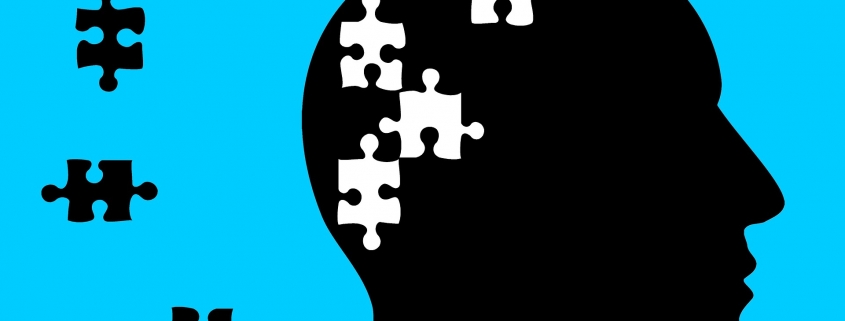
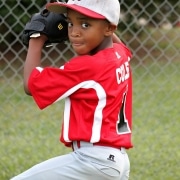
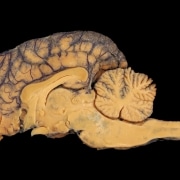
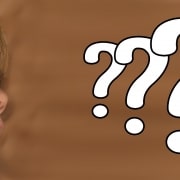
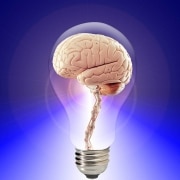




Leave a Reply